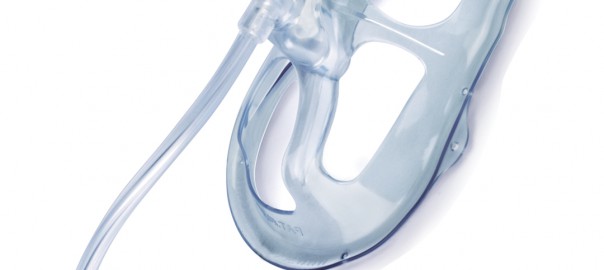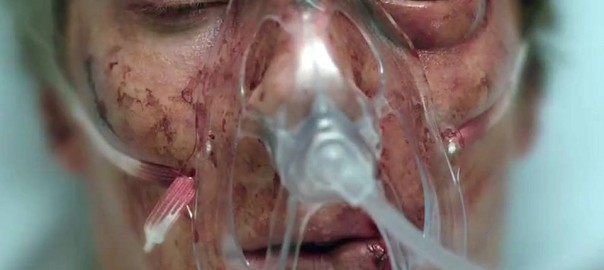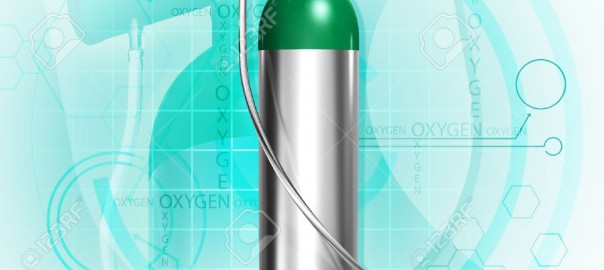Check out our conference schedule for the rest of the year. Will we see you there? FIME International Medical Expo 2016, Latin America, Miami, Aug 2nd – 4th European Respiratory Society Congress, UK, London Sept 3rd – 7th European Resuscitation Council, Iceland, Reykjavik, Sept 24th to 25th EuSEM Austria Vienna, Oct. 1st to 5th CHEST 2016, USA, Los Angeles, Oct 22nd-26th Focus Fall Conference, USA, Poughkeepsie, NY Oct 27th AARC, USA, San Antonio, Texas, Oct 15th –18th Medica, Germany, Dusseldorf, Nov 14th – 17th Twitter: https://twitter.com/One_OxyMask Facebook: https://www.facebook.com/OxyMask-477571622425906/ LinkedIn: https://www.linkedin.com/company/oxymask?trk=company_name
OxyMask™ News
OxyMaskTM is advancing oxygen therapy for better patient care through an open mask design. OxyMaskTM product offering includes: OxyMaskTM for O2 Delivers 24% to 90%* oxygen concentration, 1 to 15+ lpm to flush. OxyMulti-MaskTM and OxyTrachTM for O2 therapy with or without high humidity or aerosol therapy. Delivers 23% to 83%* oxygen concentration, 1 to 15+ lpm to flush. OxyMaskTM ETCO2 for O2 therapy and End-Tidal CO2 Tracings. Delivers 24% to 65% oxygen concentration, 1 to 15+ lpm to flush.
Have you seen the movie trailer for Marvel’s new film, Doctor Strange? We were excited to see actor Benedict Cumberbatch wearing an OxyMask! The movie comes out fall 2016. Use this link to watch the trailor: http://www.thesun.co.uk/sol/homepage/showbiz/7073707/Benedict-Cumberbatch-reveals-scruffy-beard-in-new-Marvel-film-trailer.html
Oxygen is a drug. This seems like a strange statement to most people as we breathe in oxygen with every breath we take. However, the amount of oxygen we breathe in through room air is only 21%, the rest is made up mostly of nitrogen. When people are critically ill or have chronic lung disease, they often require additional oxygen to properly oxygenate the blood and tissues. In extreme cases a patient may require 100% oxygen. That is to say that they are breathing in pure oxygen. Like all drugs, too much can be harmful and dangerous. There is still debate as to how much oxygen is too much oxygen. We do know however, high concentrations of oxygen over a period of time cause an overproduction of free radicals in the lungs. If unchecked, these radicals can severely damage or kill lung tissue. If left for a prolonged period of time the patient can suffer permanent lung damage. The general rule is that a patient should be on the least amount of oxygen necessary to keep their blood-oxygen levels high enough to properly supply the tissues and organs.




